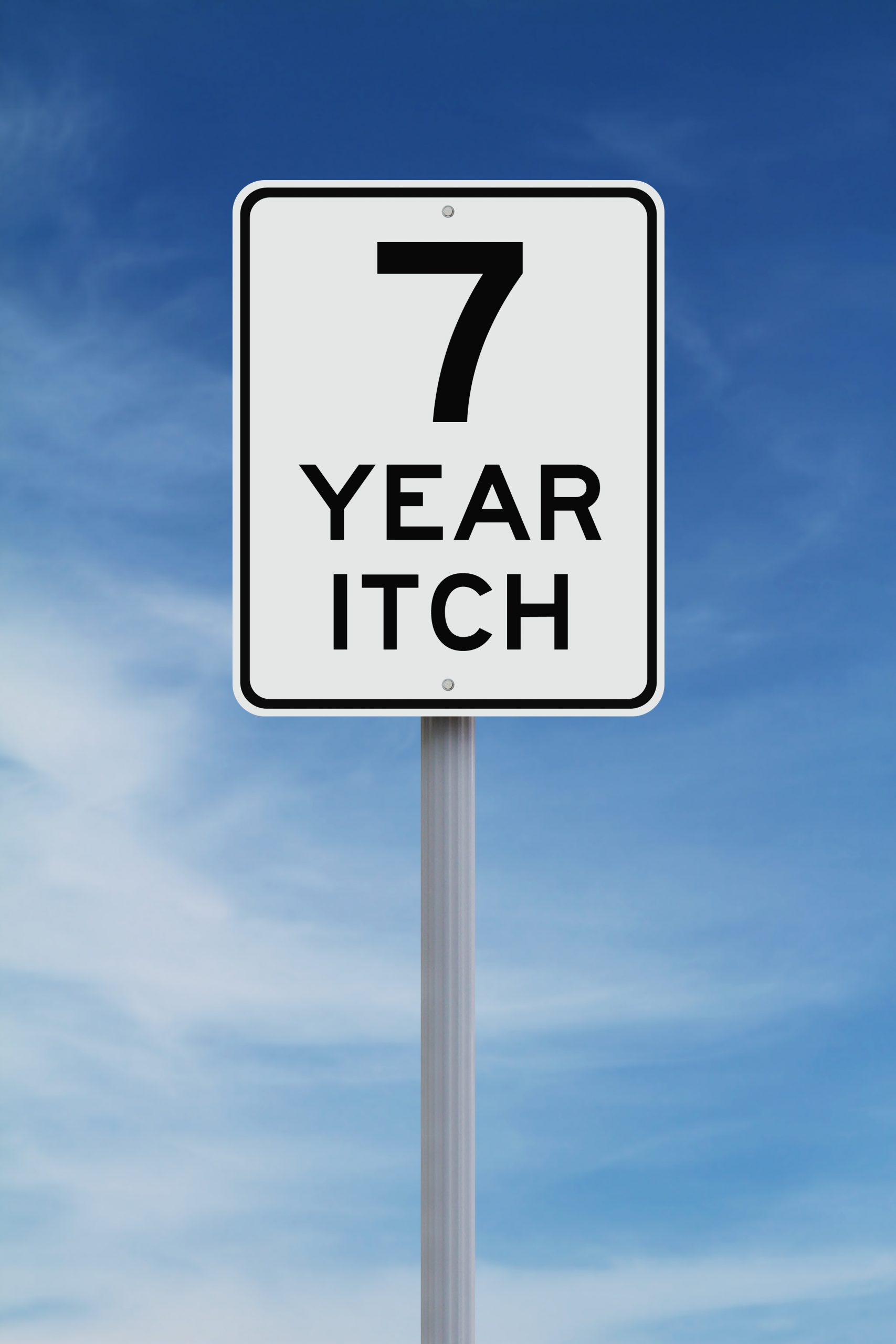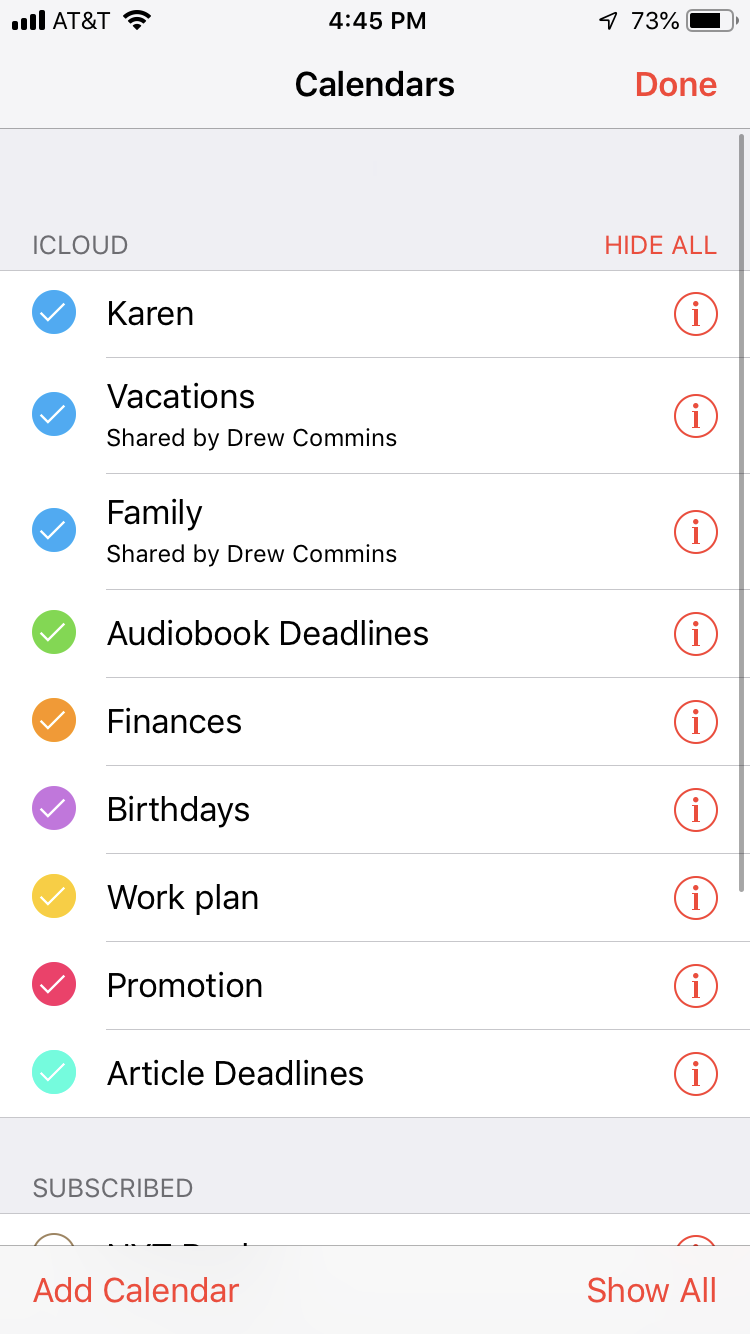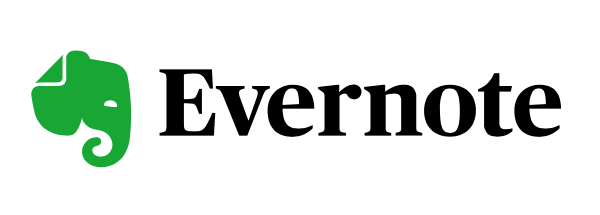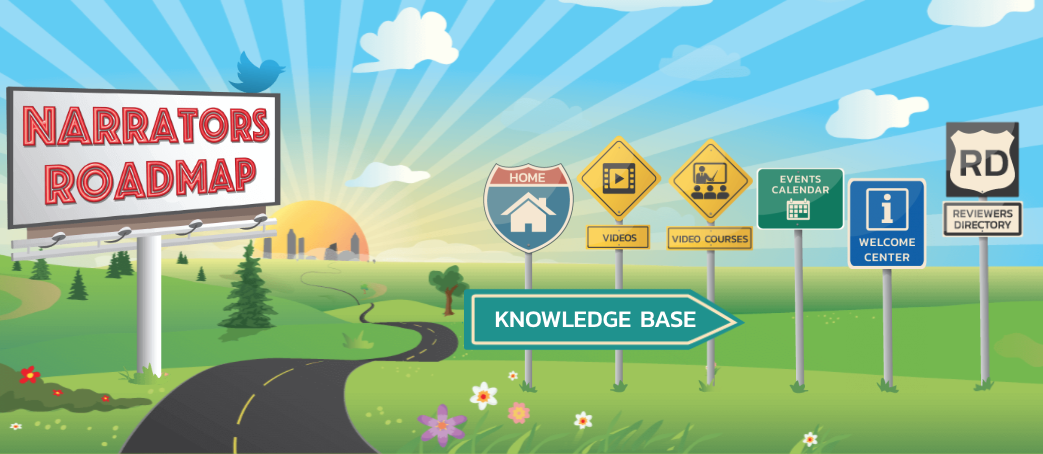Last updated 31 December 2025
I’ve recently helped a number of narrators research the audio rights holder in cases where the author has passed away. I decided to share my process as it might be helpful to other people.
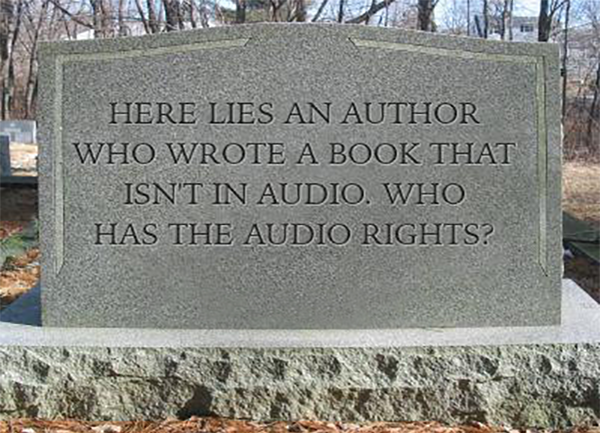
Focus on the Copyright Date
I start by examining the book’s copyright date.
Each January 1st, another year’s books enter the public domain. On 1 January 2026, US books published in 1930 entered the public domain, and so on.
Books published in the US before or in 1930 are already in the public domain. If the copyright date falls between 1931 and 1963 inclusive, a large percentage of texts from those years appear to be copyrighted but are actually in the public domain due to a key technical requirement of the copyright law at that time. Copyright owners — usually the author, but it could be the publisher — had to renew the copyright by the end of the 28th year following publication in order to maintain their copyrighted status.
These books can be categorized into one of these ways:
- Between 1931 and 1977, if the book wasn’t published with a copyright notice — in other words, if it didn’t include the C in the circle © or include the word copyright with a date — it’s in the public domain.
- If the book was published between and including 1931 and 1963 and was published properly with the copyright notice, but the copyright owner didn’t actually renew the copyright, it’s in the public domain.
- If they published it with all the correct formalities and renewed it by the end of the 28th year following publication, the copyright was extended for an additional 67 years, or a total of 95 years under copyright. Its copyright runs through the end of the 95th year after the publication date.
I first check to see if the title is in the public domain using the links in this article, primarily the 4 sites specifically for copyright renewals. (Note: While some of the info below is summarized in the last bullet point on that page, I want to offer more explanation and show the successive steps in this post.)
If I find that the book is in the public domain, I stop my research. The narrator can perform and publish the book on their own without contacting anyone or paying any licensing fees or royalties.
As an aside, be aware that everything that was published in the US in 1931 is going to be in the public domain on 1 January 2027. Enterprising narrators may want to pay attention to that point because you could start looking for an upcoming public domain book that you want to do! If this topic interests you, I’ve created a video course for members of NarratorsRoadmap.com that includes a discussion about how to find some of these public domain gems.
If you discover the book is still copyrighted, you would need to continue your research as indicated in the next section.
Find The Person
For works still under copyright that were traditionally published, you can contact the subsidiary rights department of the publisher. An inestimable number of books were published before commercial audiobooks became a mainstream form of entertainment. Depending on the contract, the publisher may have acquired all or only limited rights to the text, and those rights may revert to the author after a certain period of time.
I prefer to find someone representing the author since publishers can take a long time to respond, if they respond at all. You would also need to do this research for books independently published.
Jessica Kaye suggested during an APA webinar about audio rights that you might find the author’s agent or family by reading the book’s Acknowledgements and Dedication pages.
You might find the author’s literary agent on QueryTracker.net (free) or in the PublishersMarketplace.com Deals section (paid).
If those sites don’t reveal an agent, I conduct a number of Google searches that will seem like word association.
This first search is best for prolific authors or those who wrote 1 or more books that are considered to be classic literature. If you’re lucky, the results will lead you directly to the door of the person who manages the rights.
[author name] literary estate or [author name] literary rights
As an example, doing this search for reclusive author J. D. Salinger will readily show in the results that his work is zealously controlled by his son Matthew. The estate waited until 2019 to allow ebook productions of Salinger’s works and still hasn’t permitted audiobooks to be made.
I usually then search for the author’s obituary.
[author name] obituary
Once I find the obituary, I look for the names of the author’s agent, the publisher, and survivors. If the survivors live in a different city from the author, their city is usually listed in the obituary.
[survivor’s name] [city name]
Sometimes I need to search for a survivor’s name with the author’s name.
[survivor’s name] [author name]
I’ll usually get some hits, possibly including the survivor’s obituary if the book was published decades ago. I once wound up creating a family tree for one famous, early 20th century author!
Sometimes the survivor’s name will pop up on a site with some contact info, or I might see other tidbits that I can add to my search terms, like a business name or organization they are associated with.
If I don’t find those names in the obituary, I will do satellite searches with the author’s name, like
[author name] agent
[author name] manager
The author may have left their papers with a museum or university. If the archivist has created a finding aid for the papers, you may see contact info for the estate, especially if the material is restricted. I’ve also paid an on-site researcher to look through the contracts. I search for finding aids with this format:
[author name] papers finding aid
Find Their Contact Info
Once you’ve determined a promising contact name, you’ll need to find their contact information. If you’re living a charmed life, you might see an email address, web site, and/or phone number listed on one of the pages you’ve already reviewed.
Without that serendipity, you can do some more searches to look for those pieces to the puzzle.
My favorite Google search uses the site: modifier. Adding site: tells Google to only look at the pages of the specified site.
site:[sitename.domain] [search term]
As an example, LinkedIn.com becomes my personal rolodex with a search like
site:LinkedIn.com Macmillan subsidiary rights.
With LinkedIn, you can learn a person’s city and company name.
In this Tuesday Tip, I offer 3 ways to find the person’s email address.
Formulate Your Query
Now that you’ve located a person who could respond about the audio rights for your book, your query to them starts a conversation about the audiobook. You could present yourself as the sub-contractor to whom they can hand off the audiobook production process, but don’t overwhelm them with a proposal, audio sample, or contract in the initial query.
We have to think of our queries from the point of view of the people who receive them. What would make you want to stop what you’re doing and get you excited about working with a random person who sent you an email? This Tuesday Tip gives you pointers for creating short and concise emails.
If you’re contacting a family member, I’d ask if that person manages the author’s literary rights or could direct you to the correct person. You might have a better chance of convincing them to let you produce it.
Be mindful that lawyers, agents, and publishers are less apt to hire a narrator they’ve never heard of to make an audiobook of unknown quality from a (probably backlist) book they weren’t even thinking about. Hiring a narrator means they have to make time in their already overloaded schedule to manage the audiobook production process, where they usually have no expertise and lack the time and/or inclination to learn.
Especially in the case of a well-known author, these folks are much more interested in licensing the rights — note that it’s not a purchase, but a license for a specified period of time.
If you want to learn about licensing rights, head to my Shop page, where you can purchase the fantastic webinar I did with Grammy-winning director, long-time audiobook distributor, and IP attorney Jessica Kaye on this very topic.
Some publishers and agents don’t want to license rights to an independent narrator. If they do indicate interest in getting an audiobook done, they might ask your license terms. You need to show everything you can to give them confidence in your ability to produce a quality product and promote it to increase sales. I’d be ready to offer the distributor name I’d plan to use and any other facts they’d need to trust me.
All of the research you’ve done may make you feel more emotionally attached to the book. You have to be prepared to let it go. Once someone expresses interest in creating an audiobook, the RH may shop the rights around to maximize their deal.
The good news is that millions of other books still need audio editions, so you can easily get interested in a different book!
